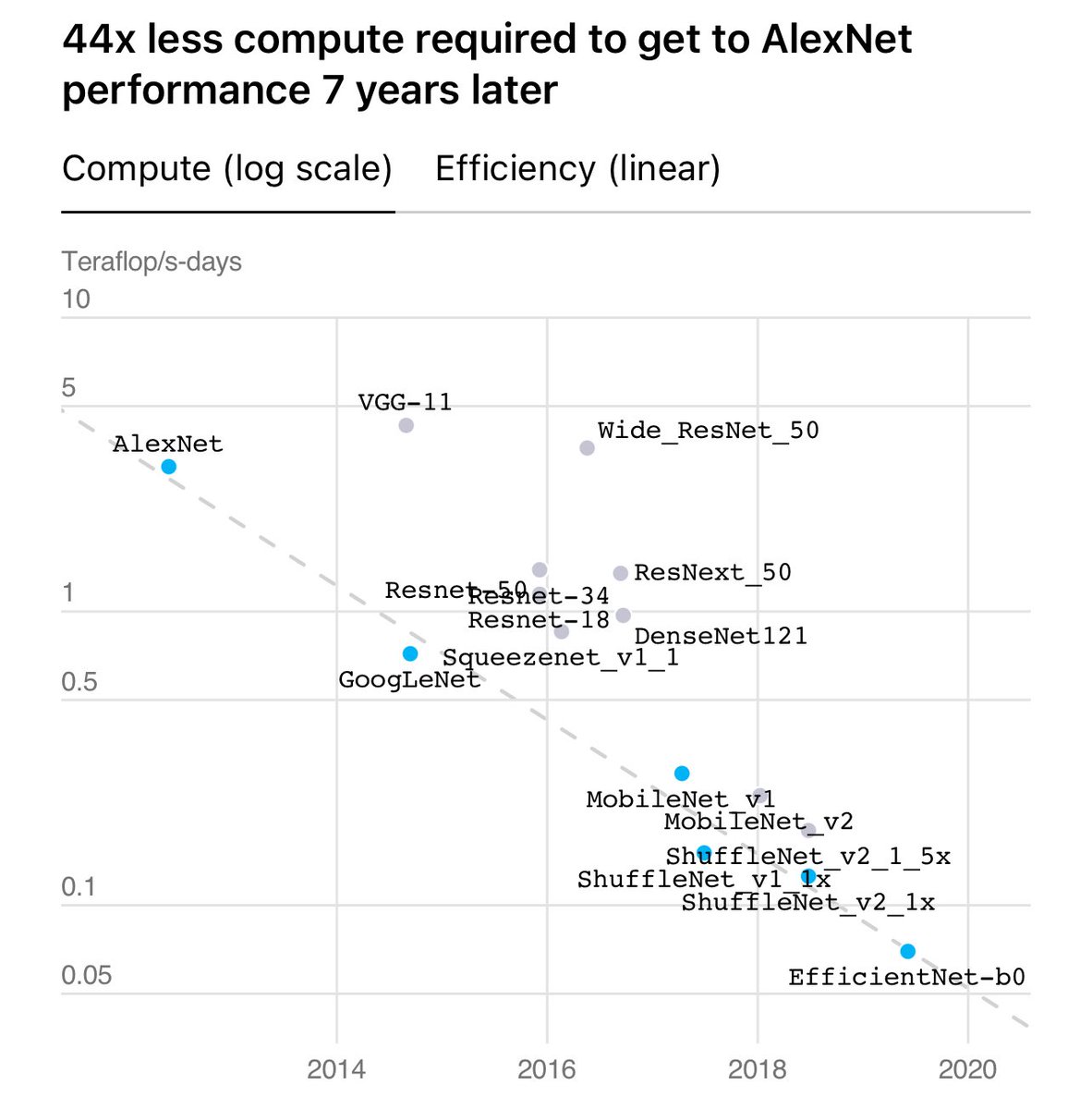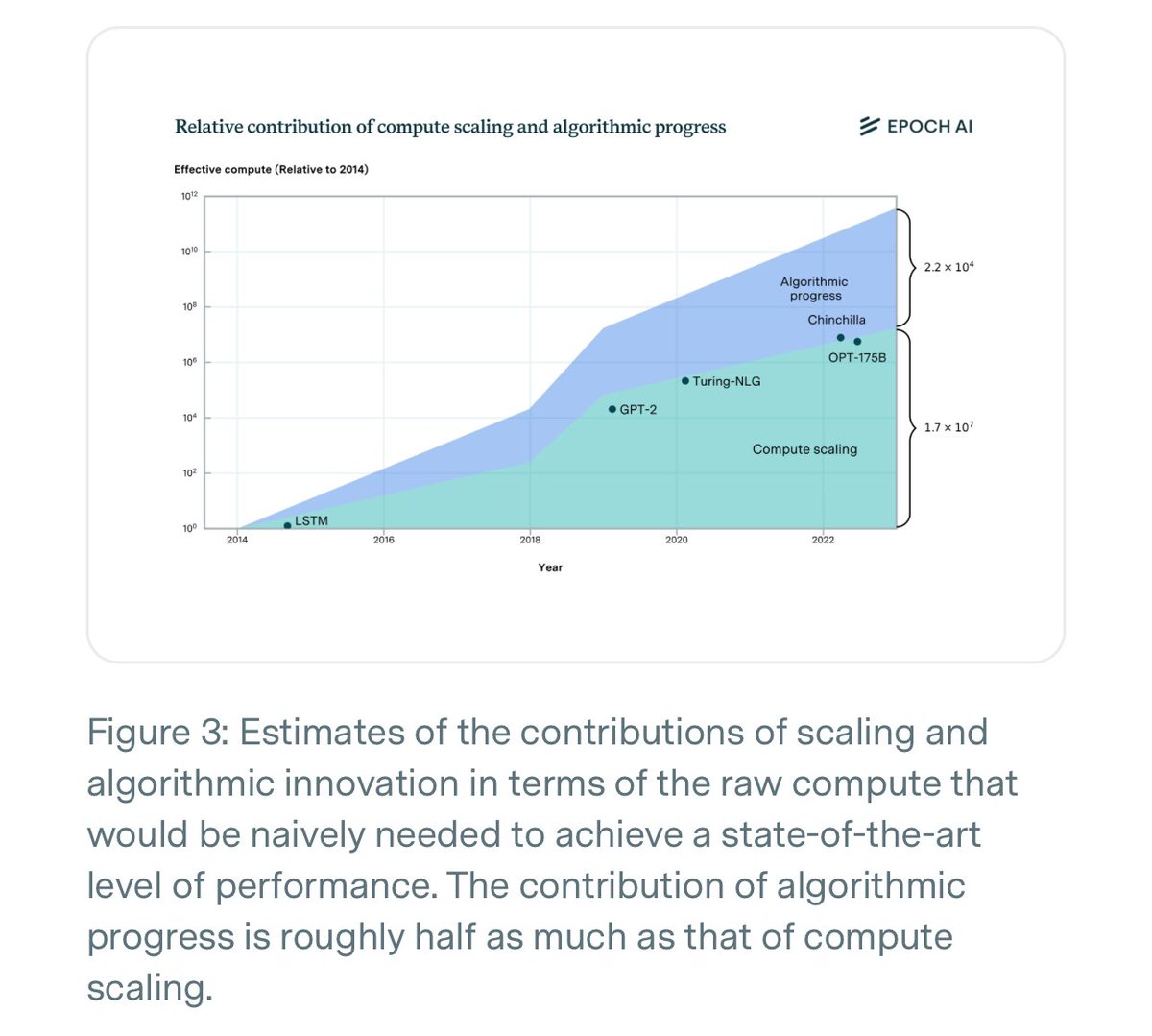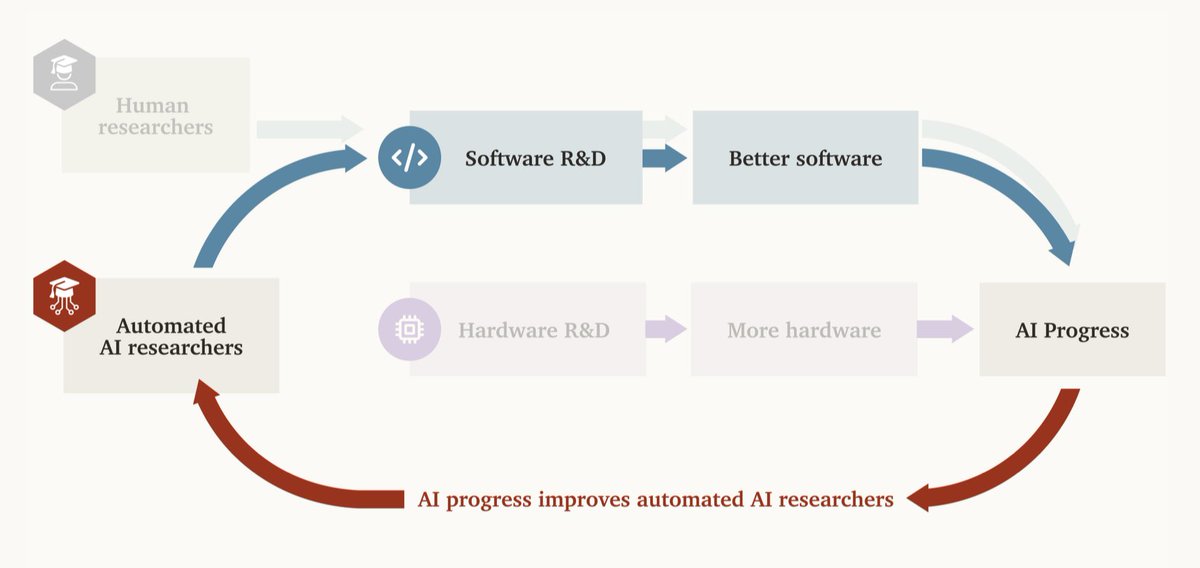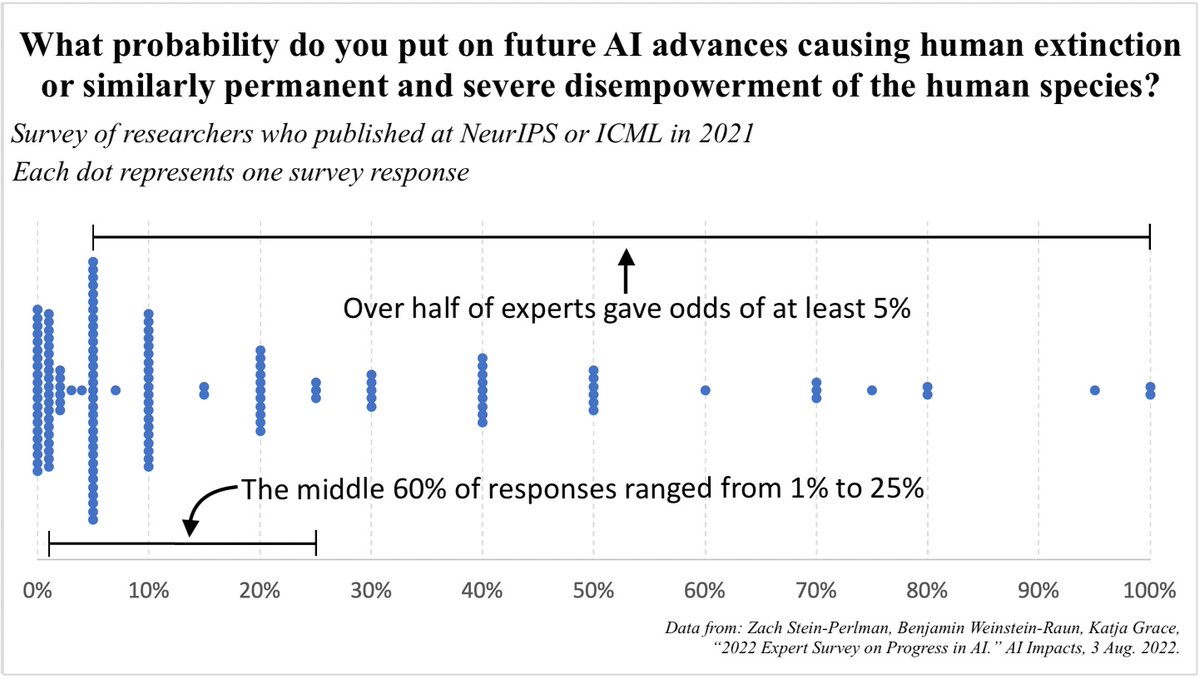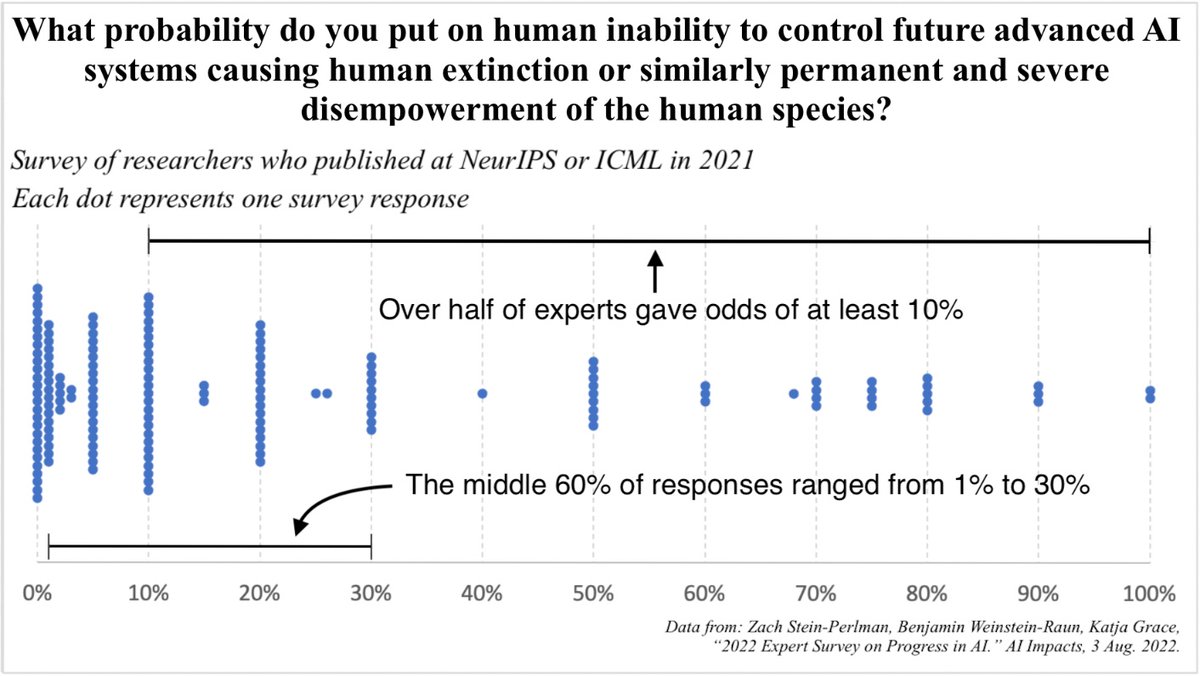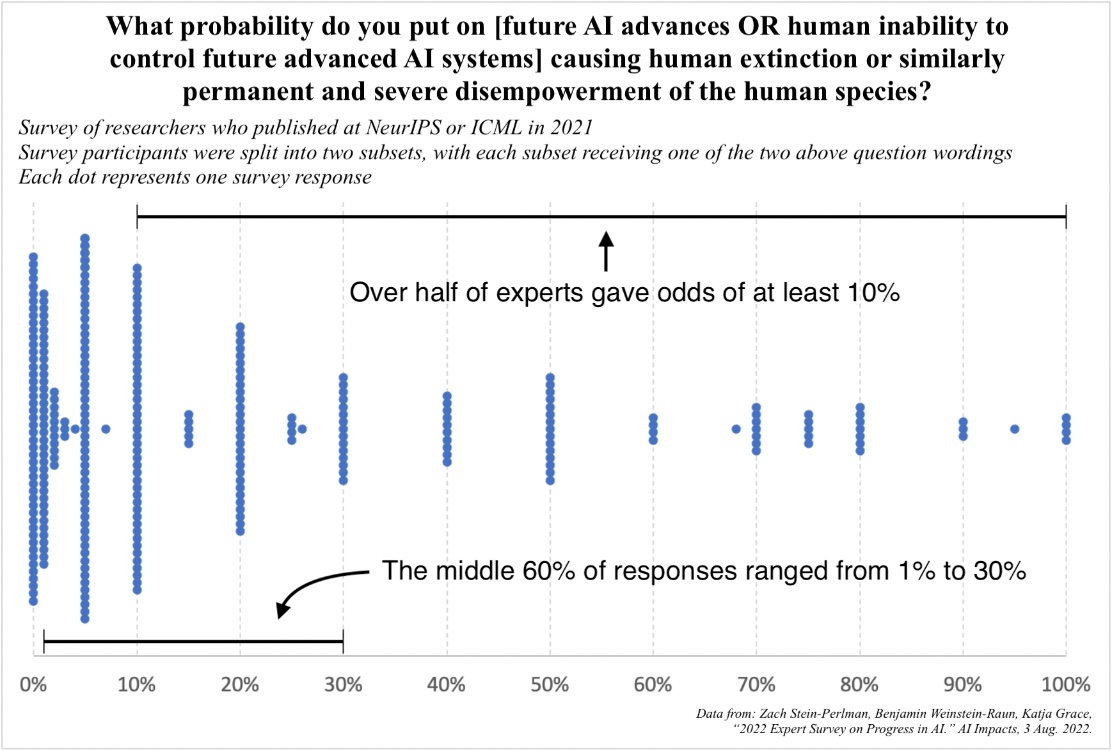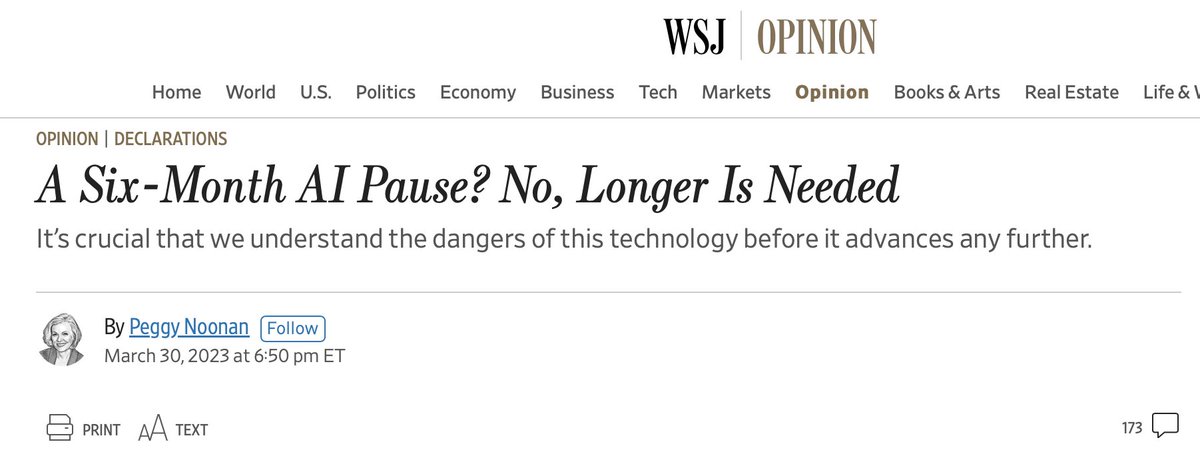Recently, major AI industry players (incl. a16z, Meta, & OpenAI’s Greg Brockman) announced >$100M in spending on pro-AI super PACs. This is an attempt to copy a wildly successful strategy from the crypto industry, to intimidate politicians away from pursuing AI regulations.🧵
First, some context. This is not normal. Only one industry has ever spent this much on election spending - the crypto industry spent similar sums in 2024 through the super PAC Fairshake. (The only super PACs that spend more are partisan & associated with one party/candidate.)
In case you’re not that cued in to US politics, Fairshake has basically unparalleled influence across the political spectrum within Congress. Their story is instructive, as the pro-AI super PACs are being funded & staffed by many of the key figures behind Fairshake.
A few years ago, crypto had basically zero influence in Congress, w/ many members of Congress in favor of heavily regulating or even outright restricting crypto. After >$100M of spending in the 2024 elections, Fairshake has now achieved approximate political dominance
In 2024, Fairshake’s spending made up the majority of the total spending in some races. In a handful of races, Fairshake’s support was seen as potentially decisive for the election outcome (eg, defeating anti-crypto Senator Sherrod Brown and Senate-hopeful Katie Porter).
The rest of Congress got the message. Members of Congress who had previously been aggressively anti-crypto became much more muted on the issue. Today, there basically aren’t any anti-crypto members of Congress left, in either party.
My understanding is politicians are advised that crypto is the single most important industry to avoid pissing off. The AI industry is now entering the same tier of influence. From what I’m hearing, politicians around the country are already asking consultants how to be “pro-AI”
Notably the main recently announced pro-AI super PAC (Leading the Future) is gearing up to take a similar approach to Fairshake. In addition to the overarching strategy, Leading the Future will have some of the same key funders (eg a16z) as well as staff & advisors as Fairshake
Unless something changes, we should expect the AI industry will achieve similar political dominance as crypto. This would mean freezing the progress of AI regulatory proposals in Congress, w/ most elected officials becoming nervous to even criticize the industry.
Now, it’s true that politicians sometimes vote against the preferences of donors, especially when their constituents have other preferences. But AI, like crypto, is a relatively low salience issue, where donor preference would be expected to be more powerful than voter preference
If an issue is super high salience to voters, such that many will actually change their votes based on it (eg immigration, abortion, maybe climate change in a Dem primary), then politicians will be wise to align with voters, even if that irritates their donors…
But IF an issue is lower salience to voters, such that voters rarely change their vote over it (eg crypto, AI at least for now), AND political donors care a lot about the issue (and are savvy), THEN the politically wise thing is for politicians to prioritize donor preferences.
Crucially, savvy political donors don’t make their political ads about their issue if it’s a low salience issue (or if their position is unpopular). Fairshake, for instance, does not make political ads about cryptocurrency. They recognize that voters don’t care about crypto...
Instead, they spend money on ads calculated to inflict maximum damage on their opponents (or to maximally boost their preferred candidates) based on issues that voters do care about, such as immigration, inflation, and healthcare
It doesn’t matter to the political calculus if the public disagrees w/ what donors want if the public isn’t changing their votes based on it. The political incentives push toward chasing donor money, as money allows for running ads which (somewhat) help with winning elections
And even if a handful of politicians are willing to support AI policy & risk industry spending against them, having just a few champions for AI policy won’t allow for passing legislation as long as the clear majority in Congress will vote against it.
And congressional leadership, which effectively has a veto on all legislation, has similar incentives - they want to bring in lots of donor money for close races to help their party caucus (eg Senate Dems) win a majority. This creates more veto points on AI policy.
Normally, this is all kept in check by politicians sometimes being willing to spend political capital on what they want or what their staff wants. But crypto realized they could simply turn the dial up to 11. And AI interests just started running the same playbook.
I still expect some AI legislative negotiation to occur on the margins, or where industry is fine with it. But the AI industry may now effectively have a veto on almost all AI legislation, & previous battles (eg the moratorium) may be refought against a much stronger industry.
• • •
Missing some Tweet in this thread? You can try to
force a refresh



